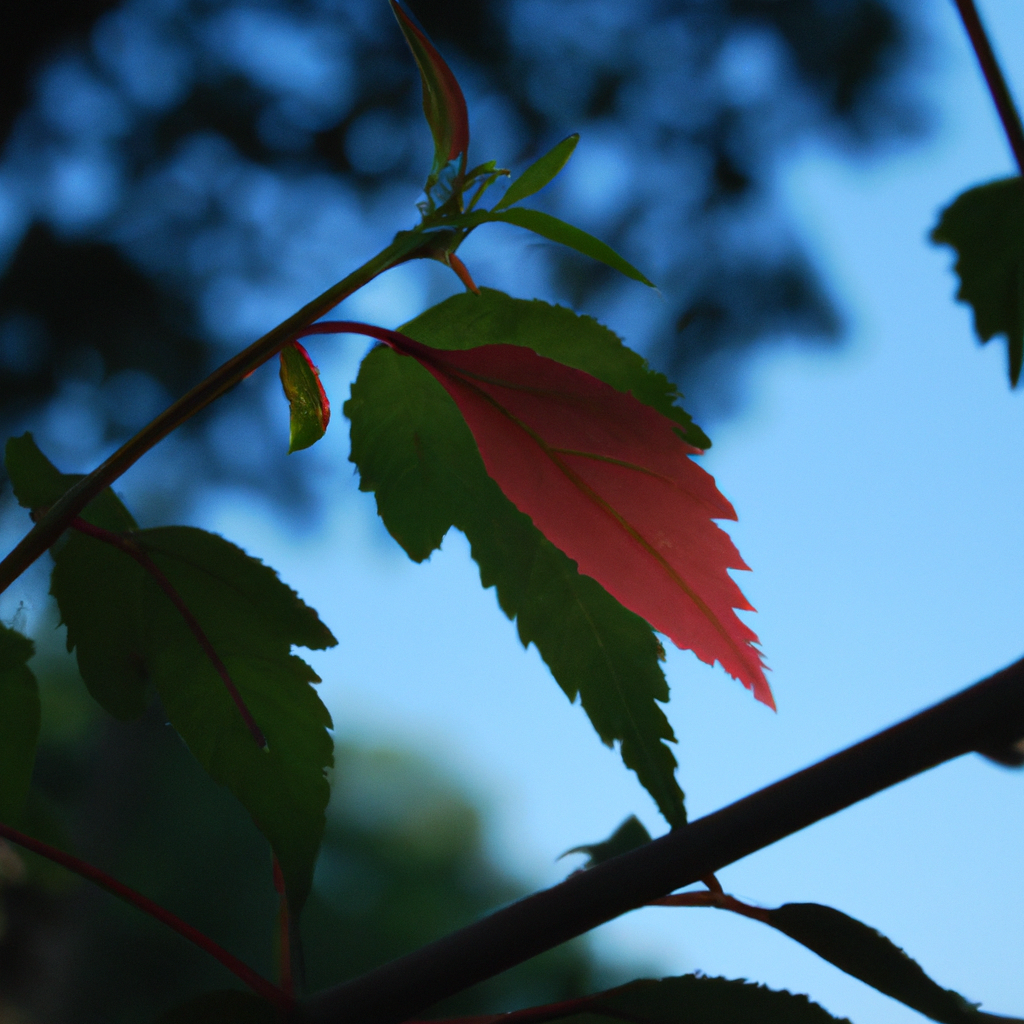In a historic visit to Kenya, King Charles expressed his “deepest regret” for the wrongdoings committed by British colonial rule in an official statement. The King acknowledged the atrocities and violence suffered by Kenyans during their struggle for independence. Survivors and local rights groups, however, are calling for reparations and a direct apology from the British government. During his visit, King Charles aims to deepen his understanding of the historical injustices and meet with those affected. This visit comes after Charles previously acknowledged the role of slavery in the Commonwealth’s roots. The King’s statements have been met with both commendation for shedding light on uncomfortable truths and calls for further actions to achieve full reparations.
King Charles expresses ‘deepest regret’ for Kenya colonial wrongdoings

Background Information
Kenya’s struggle for independence from British colonial rule has been marked by historical injustices and abuses. The Mau Mau revolt, which took place from 1952 to 1960, resulted in the deaths and injuries of thousands of Kenyans, as well as widespread detention. Calls for an apology and reparations have been made by survivors and local rights groups.
King Charles’ Statement
During his state visit to Kenya, King Charles expressed his “greatest sorrow and deepest regret” for the atrocities suffered by Kenyans during their fight for independence. Charles acknowledged the acts of violence and injustice committed against Kenyans, emphasizing that there can be no excuse for such wrongdoing.

Mau Mau Revolt and Its Impact
The Mau Mau revolt, which lasted from 1952 to 1960, was a significant event in Kenya’s struggle for independence. During this period, approximately 90,000 Kenyans were killed or maimed, and 160,000 were detained, according to estimates by the Kenya Human Rights Commission. The revolt symbolized the determination of Kenyans to achieve sovereignty and self-rule, but it also resulted in a large loss of life and suffering.
Previous British Apology and Settlement
Britain has previously expressed regret for the abuses committed during the colonial era in Kenya. In 2013, a settlement of 20 million pounds was reached to compensate the victims of colonial-era abuses. However, survivors and local rights groups argue that more needs to be done to achieve full reparations and address the historical injustices.
President Ruto’s Response
President William Ruto commended King Charles for his courage and readiness to confront the uncomfortable truths of the colonial past. He described the colonial reaction to African struggles for sovereignty and self-rule as monstrous in its cruelty. Ruto called for full reparations to be made for the death, injury, and suffering inflicted on Africans during the colonial period.
Charles’ Trip to Deepen Understanding
Charles expressed his goal of deepening his understanding of the wrongs committed during the colonial rule. He aimed to meet with individuals affected by the atrocities and learn from their experiences. During his visit, Charles highlighted his acknowledgment of slavery’s role in the roots of the Commonwealth and his commitment to addressing historical injustices.
Comparison with Germany’s Apology
Charles’ visit coincided with Germany’s apology for its abuses in Namibia and its agreement to fund projects worth over a billion euros. Many see this as an example for Britain to follow, suggesting that the British government should apologize for the colonial-era abuses in Kenya and provide reparations.
Nandi King Koitalel Arap Samoei
The historical figure of Nandi King Koitalel Arap Samoei is significant in the context of Kenya’s struggle for independence. Samoei led a rebellion against the British colonizers until he was killed by a British colonel in 1905. The British confiscated a significant portion of his people’s land and cattle in the following years. The descendants of Samoei, such as Kipchoge araap Chomu, emphasize the need for a public apology and reparations from the British government.
Royal Visit to Kenya
Charles’ visit to Kenya as monarch marked an important milestone for both countries. The visit included a welcome ceremony at the Presidential Palace in Nairobi, where Charles and Queen Camilla were greeted with a 21-gun salute and a guard of honor. They also laid a wreath at the Tomb of the Unknown Warrior and visited Uhuru Gardens, the site where Kenya declared its independence in 1963. Charles, known for his passion for gardening, visited a model urban farm and engaged in activities related to conservation work and visiting Mombasa.
In conclusion, King Charles’ expression of ‘deepest regret’ for Kenya’s colonial wrongdoings acknowledges the historical injustices and abuses committed during the colonial rule. Charles’ visit aims to deepen understanding, learn from the affected individuals, and address the wrongs committed. The comparison with Germany’s apology and funding for Namibia’s abuses adds to the calls for Britain to take further steps in acknowledging and rectifying the historical injustices in Kenya. The royal visit serves as an important moment in the relationship between Kenya and Britain, as it marks Charles’ first visit as monarch to a former colony, strengthening the ties between the two nations.

